A federal appeals court has ruled that TikTok could be banned in the US over national security concerns if it does not divest its Chinese parent company.
A three-judge panel in Washington said Congress has the power to act against TikTok to protect US interests.
US officials believe China could pressure ByteDance – TikTok’s parent company – to access US user data and interfere with content on the platform.
The appeals court's decision rejected arguments by TikTok and some users that the ban violated constitutional guarantees of free speech.
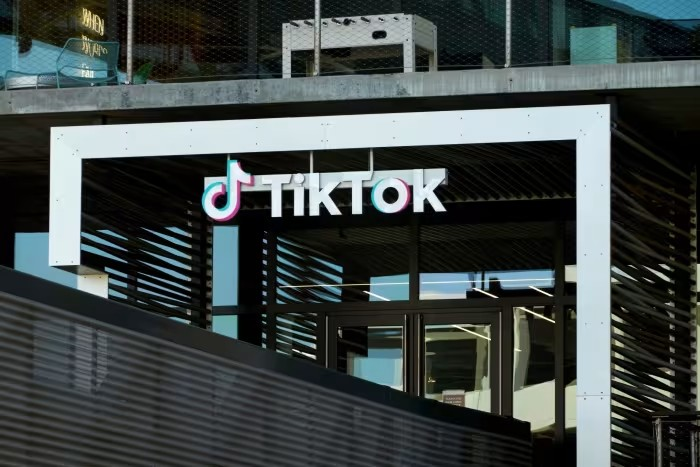
In April, President Joe Biden signed a bill requiring ByteDance to sell TikTok or face being banned in the U.S. The intelligence community has warned of TikTok's threat to national security.
TikTok CEO Shou Zi Chew pushed back, saying these concerns were purely speculative.
The ban will take effect on January 19. If ByteDance fails to comply, the law will require app store operators like Apple, Google, and internet service providers to stop supporting TikTok.
TikTok is expected to appeal to the Supreme Court, but the justices are not obligated to hear the case.
ByteDance has said it cannot and will not sell its US operations. The Chinese government opposes a forced sale and wants to keep TikTok's proprietary algorithm and source code under its control.
The Wall Street Journal notes that President-elect Donald Trump’s return to the White House will complicate matters. During his first term, he wanted to ban TikTok but changed his mind earlier this year.
The ban still allows TikTok's 170 million US users to continue using the app, but prohibits marketplaces like the App Store and Google Play from allowing downloads, updates, and prohibits supporting Internet hosting services.
TikTok has been operating in the US since 2018 and has exploded in growth, especially among Gen Z. It is now the fifth-largest social media platform here among adult users and a popular news source among young people, according to the Pew Research Center.
Removing TikTok from the US would mark a turning point in the geopolitical struggle over control of internet media and user data.
Gmail, Google, YouTube, Facebook, Instagram and X are all blocked in China, but the US has never cut off access to a social media company.
TikTok tried to allay national security concerns by spending billions on a project to store US user data domestically, but the “Texas project” didn’t help.
TikTok will likely take a two-pronged approach to try to salvage its U.S. presence. To delay the current January 19 ban, the company may need an emergency stay from the Supreme Court.
The other route is through Mr. Trump, who could theoretically refuse to enforce the ban or invoke provisions of the law that allow the president to lift the ban if his administration determines the site is no longer under Chinese control.
In 2020, Mr. Trump unsuccessfully tried to shut down TikTok through an executive order. The former president now views Facebook as a greater threat to the American public, saying that “it will only become bigger and more powerful if TikTok is taken away.” Meta suspended Mr. Trump in 2021 and reinstated his account in 2023.
Trump joined TikTok during the 2024 election and used it to reach a younger audience. He has more than 14 million followers on the app.
(According to WSJ)
Source: https://vietnamnet.vn/tiktok-phai-tu-bo-cong-ty-me-trung-quoc-neu-khong-muon-bi-cam-tai-my-2349612.html


![[Photo] Ho Chi Minh City holds funeral for former President Tran Duc Luong](https://vphoto.vietnam.vn/thumb/1200x675/vietnam/resource/IMAGE/2025/5/24/9c1858ebd3d04170b6cef2e6bcb2019e)


![[Photo] Party and State leaders visit former President Tran Duc Luong](https://vphoto.vietnam.vn/thumb/1200x675/vietnam/resource/IMAGE/2025/5/24/960db9b19102400e8df68d5a6caadcf6)






![[Photo] Explore the Great Wall of Water in the Suburbs of Beijing, China](https://vphoto.vietnam.vn/thumb/402x226/vietnam/resource/IMAGE/2025/5/5/c2e706533d824a329167c84669e581a0)


















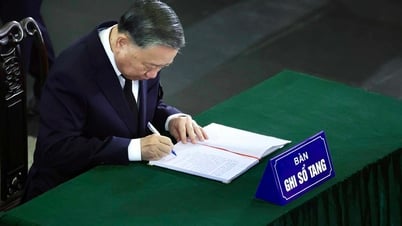

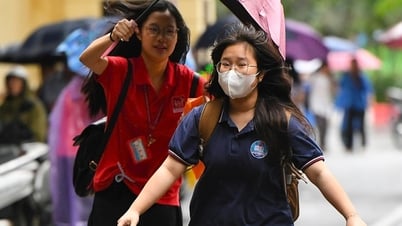

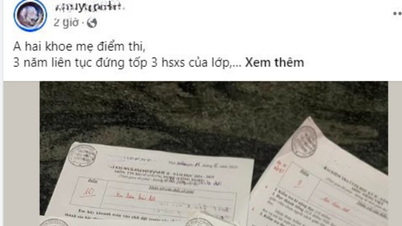


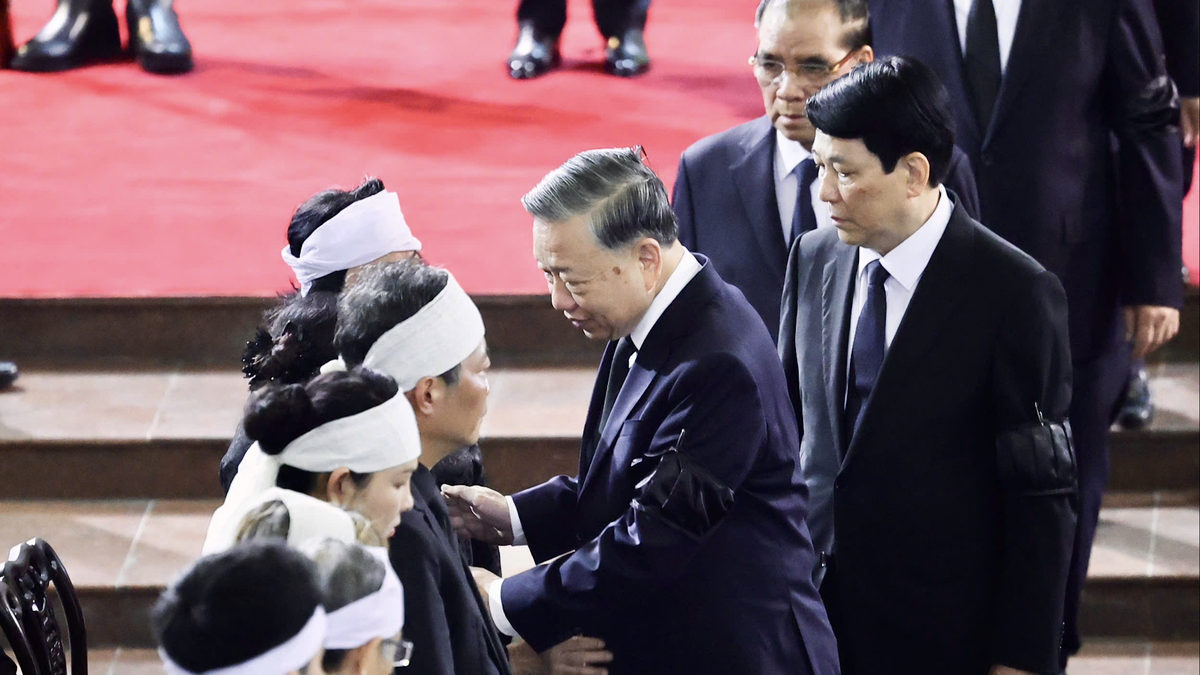































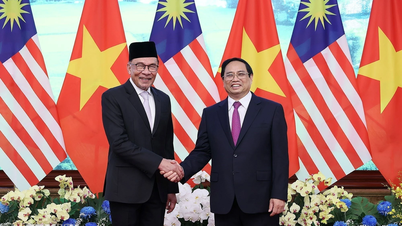




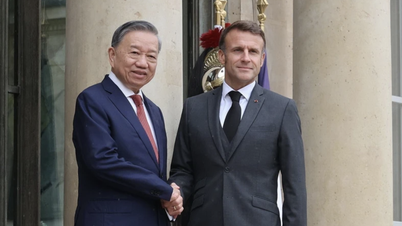













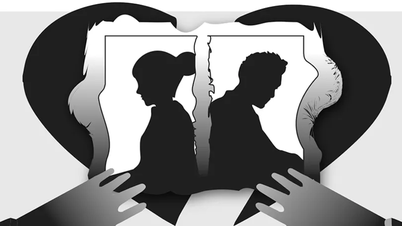














Comment (0)